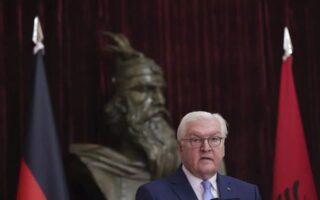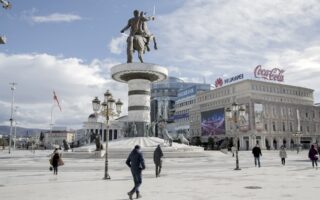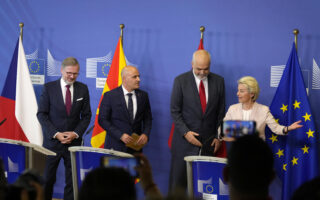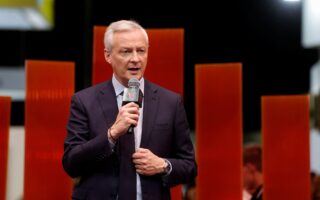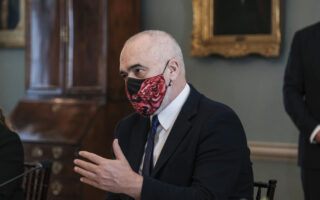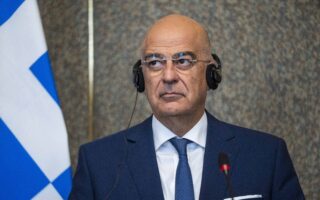Host Albania has high hopes for EU-Western Balkans summit
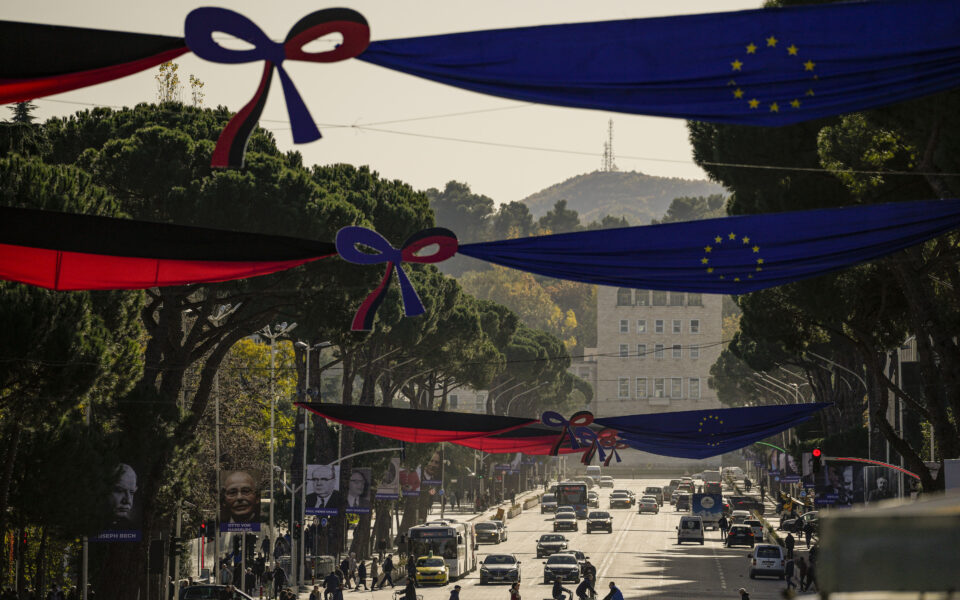
Albania’s prime minister said Monday that a European Union summit in his country’s capital this week demonstrates the EU’s heightened geostrategic interests in the Western Balkans region during Russia’s war in Ukraine.
Albanian Prime Minister Edi Rama is set to host the one-day meeting on Tuesday that is aimed at rekindling the EU’s expansion process.
“The moment is fantastic. Nobody could imagine this only until two years ago, and now it’s happening,” Rama said in an interview with The Associated Press.
Rama previously criticized the EU for dragging its feet on admitting new member nations. The six countries that are the focus on the summit – Albania, Bosnia, Kosovo, Montenegro, North Macedonia and Serbia – received assurances for years but saw their steps toward membership stall.
The war in Ukraine has provided a reminder of the region’s vulnerability and given the EU an incentive to bring the Western Balkans nations into Europe’s democratic fold, according to Rama. He said the bloc needs especially to work “closely with Serbia,” which has not joined the EU’s wartime sanctions on Russia.
“The common voice of the Western Balkans … has helped to push more EU leaders” into moving the countries along the membership path because “you need the Balkans, Western Balkans as much as the Western Balkans needs the EU,” Rama said.
The prime minister called Tuesday’s meeting “the most important event in the history of (Albania’s) international relations,” noting that the former communist country was until 1990 “cut completely out from the world and from Europe.”
The summit will bring “a lot to the Western Balkans, to our country, a lot of positive energy, a lot of hope, a lot of new ways, new paths, that will define themselves in the next steps,” Rama said, calling the EU’s decision to hold the summit outside of its territory a “good omen for the future.”
With the exception of Kosovo, which didn’t declare its independence from Serbia until 2008, the Western Balkans nations first were identified as potential EU candidates in 2003. Croatia, which is also part of the region, joined the bloc in 2013 and remains its newest member because the EU has admitted no others since.
The bloc agreed to launch full membership negotiations with Albania and North Macedonia in July, and has held those discussions with Serbia and Montenegro for some years. The EU’s executive commission recommended Bosnia as a member candidate in October. Kosovo’s government said it planned to apply for candidacy consideration this month.
Membership talks, which align the candidate countries’ policies, administration and economies with those of the bloc, can themselves last years, and the merit-based process is individual for each country.
Rama maintained that relations among the Western Balkans countries, mostly those that made up the former Yugoslavia, have never been better, though he acknowledged that Serbia’s refusal to recognize Kosovo’s independence “is still the elephant in the room.”
“But we are on this path, and we will continue to push for reconciliation, normalization, and we’ll continue to work closely also with Serbia,” he said.
[AP]
